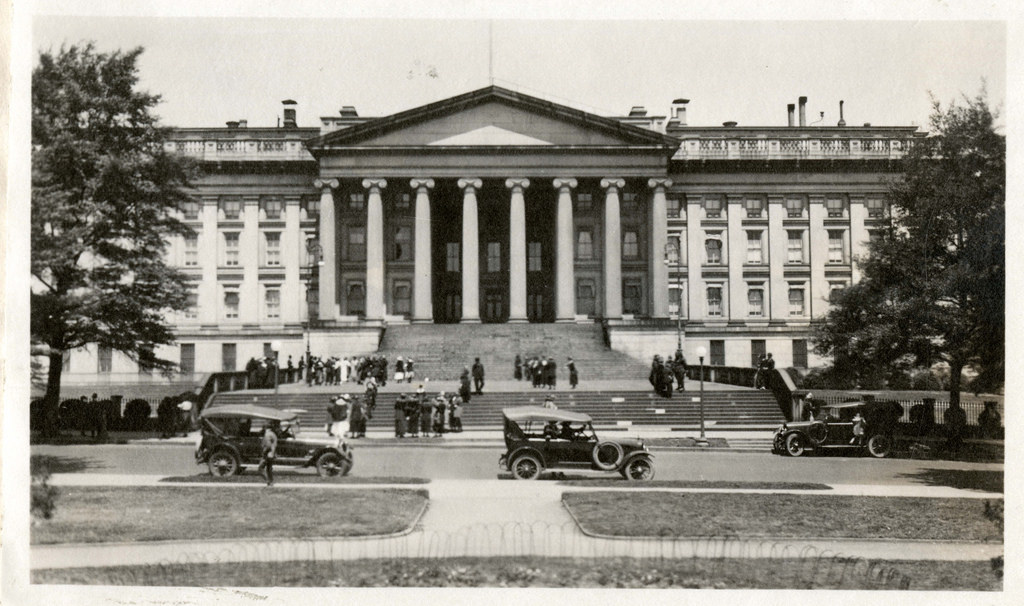Guest post by Emir Yazici.
Turkey held presidential and parliamentary elections on June 24. Erdogan has secured another term as the President of Turkey (with more executive power) although his party no longer has the majority of seats in parliament. In his victory speech, Erdogan emphasized that his government will continue improving rights and freedoms in Turkey; however, my recent research shows that human rights violations are likely to increase in Turkey as nationalism increases under the new government. Here’s why.
Nationalism and human rights
My analysis of the relationship between nationalism and human rights in forty-nine countries between 1981 and 2011 shows that human rights violations increase as the governing party’s level of nationalism increases. Nationalism exerts a pronounced negative effect on human rights practices because of the two duties of nationalist politicians: 1) protecting national unity and 2) prioritizing national interests over other concerns.
First, pursuit of national unity causes governments to violate human rights such as freedom of assembly and association, freedom of speech, and electoral self-determination because these rights can be used to challenge national unity. Nationalist decision-makers tend to suspend these rights if national unity or security is perceived to be under threat.
Second, nationalist decision-makers prioritize collective national interests over individuals’ interests. It increases practices like extrajudicial killing, disappearance, torture, and political imprisonment because such “liberal concerns” can be ignored by nationalist decision-makers if “national interests” are at stake. While a politically liberal government may prioritize human rights – and avoid resorting to torture in response to espionage acts, terrorism, or protest movements – a nationalist government is more likely to cite national security as a reason to suspend human rights.
These negative effects of nationalism on human rights can be diminished only by strong democratic institutions which increase the cost of human rights violations for the government. Fair and competitive elections, independence of judiciary, and constraints on chief executive’s power in advanced democracies can prevent nationalist governments from sacrificing human rights for ambiguously defined “national interests”.
What should we expect from Erdogan’s new government in Turkey?
What does this theory tell us about Turkey’s elections and their implications for human rights practices? We already know that human rights violations in Turkey have significantly increased in recent years. The authoritarian tendencies of Erdogan are seen as the primary explanation for this increase – but it is not only about erosion of democracy. Between 1999 and 2011, Turkey had the worst human rights scores during the years 2008, 2009, 2010, and 2011 in comparison with previous years. This is the time period when Turkey’s democracy level was in decline and the nationalism level of the government had reached its highest level since 1999.
Similarly, the government’s nationalism level reached its peak in 2015 and 2016. During these two years, Turkey’s Civil Liberties Score fell to its lowest level since the beginning of Justice and Development Party era. It means that significant increases in the nationalism level of Turkish government are associated with decreases in the level of respect for human rights when the democratic institutions are not strong enough to tame nationalist governments between 1999 and 2016.
If there is such a tension between nationalism and human rights, the recent elections in Turkey are particularly important for the future of human rights in Turkey. The incumbent government party (Justice and Development Party, the AKP), whose nationalism level has already increased in recent years, has established a pre-electoral coalition with two prominent nationalist parties – the Nationalist Action Party (MHP) and the Great Unity Party (BBP). The results of the parliamentary elections show that AKP needs MHP seats in the parliament to obtain the majority. It means that it will not be surprising to observe a remarkable increase in the nationalism level of AKP to satisfy its junior partner MHP. This increase in the nationalism level of the government could be tamed by strong democratic institutions in an advanced democracy. However, Turkey is far from being an advanced democracy and lacks the necessary institutional checks and balances to protect human rights from such a nationalist government.
In sum, Erdogan’s new term as a “strong” president is an important turning point for human rights in Turkey. Despite his claim that he will continue improving rights and freedoms, the expected increase in the nationalism level of the government is likely to escalate human rights violations.
Emir Yazici is a PhD candidate in the Department of Political Science at the University of Missouri.







3 comments
Very compelling, but I’m curious how you measure nationalism?
Thanks for your comment Suzanne! I discuss how I measure nationalism in detail in my article (http://journals.sagepub.com/doi/10.1177/1065912918781187). Basically, I use the manifests of political parties and government programs to measure their nationalism levels. Although it is not the perfect way of measuring nationalism, it allows me to measure it cross-nationally.
Actually that sounds very sensible. Thanks for the reply!